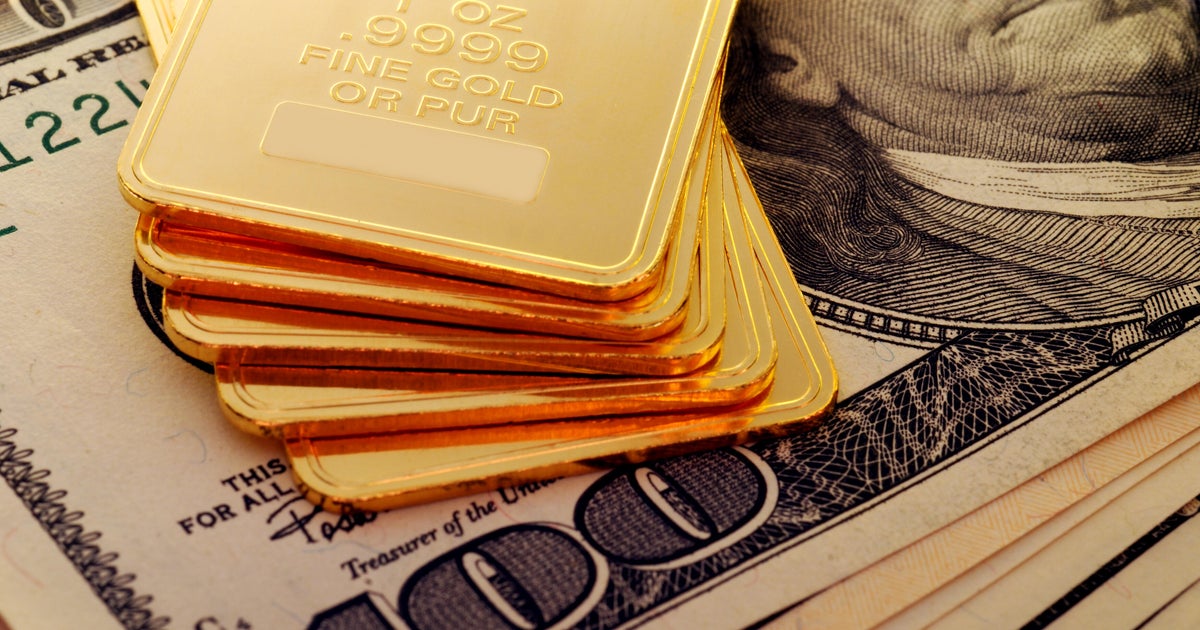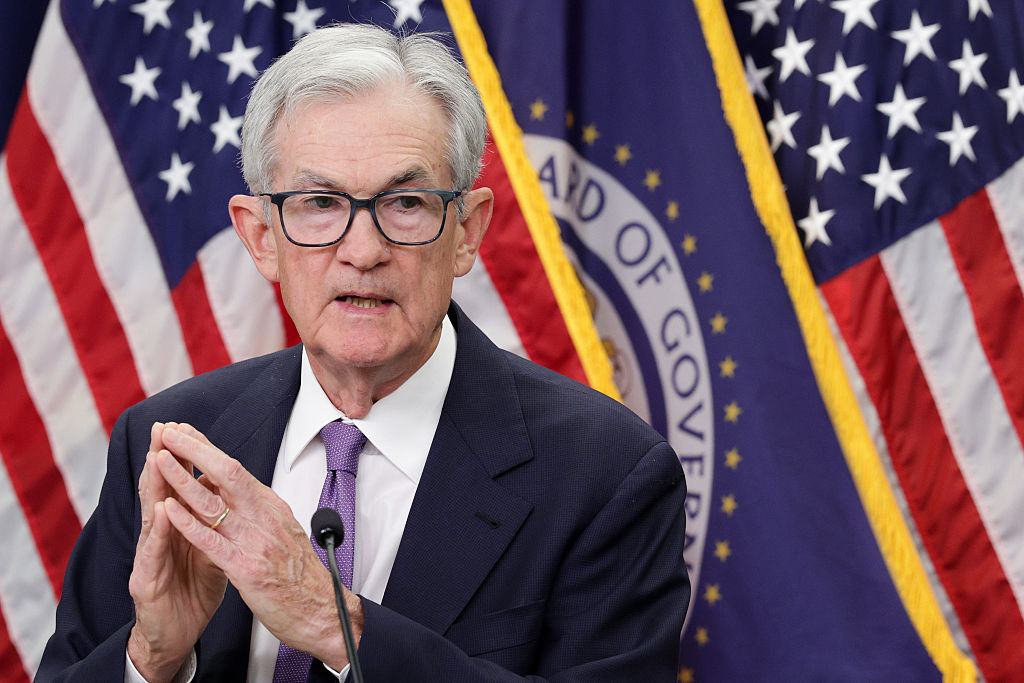The Fed's ominous silence on market chaos
Where is the "Powell put"?
Many investors and traders have been asking themselves if new Fed Chairman Jerome Powell will continue the central bank's efforts to prop up financial assets by keeping cheap money flowing. That question arose over the past week after Friday's surprisingly strong jobs report, which featured a marked uptick in wages -- and unleashed a hellish bout of selling.
The Dow Jones industrials average dropped 666 points that day, added another 1,175-point plummet on Monday and recorded the largest-ever rise in the CBOE Volatility Index, Wall Street's "fear guage." Even after Tuesday's rebound, the 30-stock blue-chip remains below 25,000, President Donald Trump is no longer proclaiming the market's rise on Twitter and 2018's rip-roaring start has been fully reversed.
Not coincidental was the timing of all this: Janet Yellen's last day as Federal Reserve chair was Friday. And her successor, Powell, has been silent despite his rough first day on the job. Apparently, he's in no hurry to calm raw nerves. In fact, he may well welcome it.
So too the cavalcade of other Fed officials, who have offered tepid commentary in recent days: Dallas Fed head Robert Kaplan said a market correction is healthy, New York's William Dudley said the market is functioning pretty well and San Francisco's John Williams mentioned the potential for four quarter-point rate hikes this year (more than the market currently expects).
That's far from the eager support of market confidence that's been a hallmark of the Fed's post-financial crisis attitude.
High Frequently Economics wondered if the cold shoulder is a conscious decision to quell some of the animal spirits. And perhaps aims to address the fact that financial conditions, when measured broadly, have grown easier since the Fed started raising interest rates in December 2015 -- the exact opposite of what policymakers desired.
The Fed may be reacting to inflation being poised to accelerate -- thanks to higher prices for imports, crude oil and workers -- and the GOP's tax cut legislation (and current budget proposals) set to pour gasoline on an economy already running red hot. Indeed, the Atlanta Fed's GDPNow forecast for first-quarter growth stands at 4 percent.
This may all change if the stock selloff persists because it has been driven in large part by this year's rise in the 10-year Treasury yield (chart above) on a combination of inflation, economic growth and Fed policy tightening concerns. A 3 percent yield on the 10-year Treasury is widely seen as a major line in the sand where resulting losses on bond prices, especially high-yield "junk" corporate bonds, will bite into equity valuations.
The next site of systemic carnage could be so-called risk-parity funds that depend on stocks and bonds trading in opposite directions. The fact that both are falling right now hits these funds hard, resulting in margin calls and forced selling.
The short VIX fund that imploded on Monday made "explicit" bets on volatility staying abnormally low, and risk parity is also an "implicit" bet on markets staying calm: same thesis, just different implementation. And that bet is also threatened now but with much broader potential ramifications.
If it goes, Powell may have no choice but to bolster confidence.




